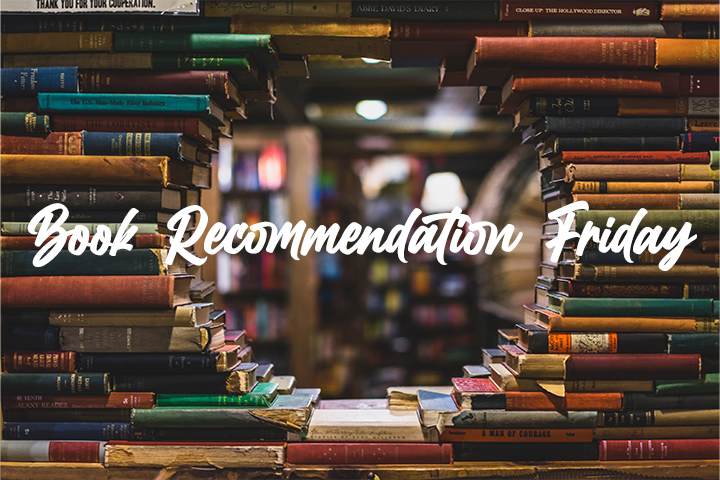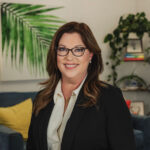Happy Friday!
Each Friday I’m sharing a book I’ve loved, one I think may be interesting/helpful/relevant/on topic (as we move into a much longer period of self-quarantine and distancing than any of us thought back in March).
Words — poetry, spoken, or on the page — are my comfort, so if nothing else, this exercise keeps me focused and gives structure to my week. I love hearing about what other people are reading, listening to, and finding helpful too — so please, if you got something — click on the title and share it in the comments!
I remember exactly where I was driving when I first heard Tara Westover being interviewed. I had to immediately pull my car off the road and call my sister.
Westover’s memoir, Educated, tells the story of being raised in a large fundamentalist, isolationist, survivalist family on a mountain in the US west…and Westover’s eventual decision to get an education, which led her to a new kind of life. It’s a story of identity, coming of age, and the realization that to be human is to define your own reality through life as you see it — through your own eyes, your own understanding of the world, and your own experiences that define it.
Her experiences are quite amazing.
Tara Westover was born in 1986, into a family of 9 in rural Idaho. She had no birth certificate, and no schooling. No vaccines, no medical records. No social security number.
And no intervention for the mental illness and violence that visited her family.
Her father distrusted all institutions. The family survived on her mother’s midwifery and herbalist practice and her father’s scrap metal junkyard. At all times, the family prepared for “days of abomination” and had “head for the hills” bags packed.
Eventually, one of her older brothers made it off the mountain and into college; later Westover taught herself enough grammar, math and science to take the ACT and get into Brigham Young University. There, she heard about the Holocaust, the Civil Rights Movement for the very first time. Westover eventually graduated magna cum laude, studied at Harvard and earned her PhD at Cambridge. It was a journey fraught with immense pain, disconnection,
I asked myself why I felt pulled to recommend this story and the answer lies in the concept of isolation, and it’s opposite, connection.
There are many kinds of isolation. Isolation of the mind and spirit. Isolation from ideas, from experiences. Isolation from the human spirit. Isolation from information. Isolation from community and within a community.
As we live in a form of isolation (social distancing), what ideas and thoughts and beliefs and actions are we isolating with?
Who is isolated from what our society offers; how does what our society offers isolate some of us and include others?
What world will we create when we go “back” — whenever and in whatever form that is?
Again — this unwelcome, uncomfortable, un-asked-for pandemic offers us a breath, a moment in time, to think about what we miss, what we really need, what connection we long for. Though we didn’t ask for it, we’ve been given a space to consider the kind of connection we have, we need, and we can create. Culture and society have ideas about that — but individually, we do too. And we can use that power we have.
Educated is a good meditation on all of this. It’s also an incredibly gripping, page turning read about family, loyalty, connection and disconnection, belonging, sanity, the human spirit, and the purpose of an education.
One reviewer wrote:
“A punch to the gut, a slow burn, a savage indictment, a love letter: Educated somehow contrives to be all of these things at once.”
Well said.
Have a good weekend, and be well, wash you hands and stay connected!
Lisa


